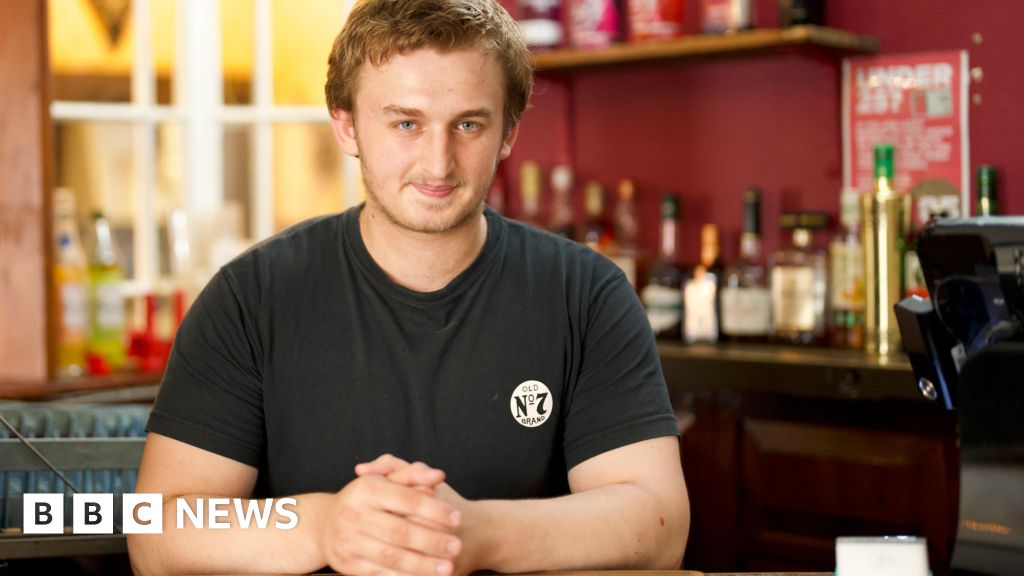Barratt Developments, the UK's largest housebuilder, saw a sharp drop in profits after building fewer homes last year.
It completed just 14,000 in the year to June, compared to 17,000 for the previous 12 months, and says the total will be lower again next year.
Pre-tax profit fell by three quarters for the year, which Barratt blamed on high interest rates putting off housebuyers and inflation pushing up costs.
The completion figures pose a problem for the new Labour government's pledge to "get Britain building".
Chief executive David Thomas said the firm was "well-positioned to meet the strong underlying demand for new homes".
However, the firm forecasts it will only finish between 13,000 and 13,500 new homes next year.
The government has made increasing the supply of housing a priority, pledging to build 1.5 million more homes in England over the next five years.
It has promised to reform the planning process, free up parts of the green belt, and reintroduce mandatory housing targets for local authorities.
Mr Thomas said the firm welcomed the government's proposed reforms of the planning system as a "key lever to increase house building, drive economic growth and tackle the chronic under-supply of high-quality, sustainable homes".
The government hopes changes to planning policy will increase housebuilding, but Barratt's results show the extent to which mortgage rates affect how much it decides to build.
Aarin Chiekrie, an equity analyst at Hargreaves Lansdown, said Barratt's numbers were "a painful read for investors" despite being in line with market expectations.
"With fewer homes being sold and at lower prices, less cash has come through the front door," he wrote in a note.
"With a new government now in power, there’s increased hope that some of the issues hindering housebuilders, like planning regulations, can be fixed," he said.
"But further easing of mortgage rates will be necessary for activity to pick up significantly," he added.
Barratt is in the process of acquiring fellow housebuilder Redrow, although the deal is still awaiting approval from the competition regulator.

 Movie
Movie 3 months ago
48
3 months ago
48 






![Presidents Day Weekend Car Sales [2021 Edition] Presidents Day Weekend Car Sales [2021 Edition]](https://www.findthebestcarprice.com/wp-content/uploads/Presidents-Day-Weekend-car-sales.jpg)



 English (United States)
English (United States)